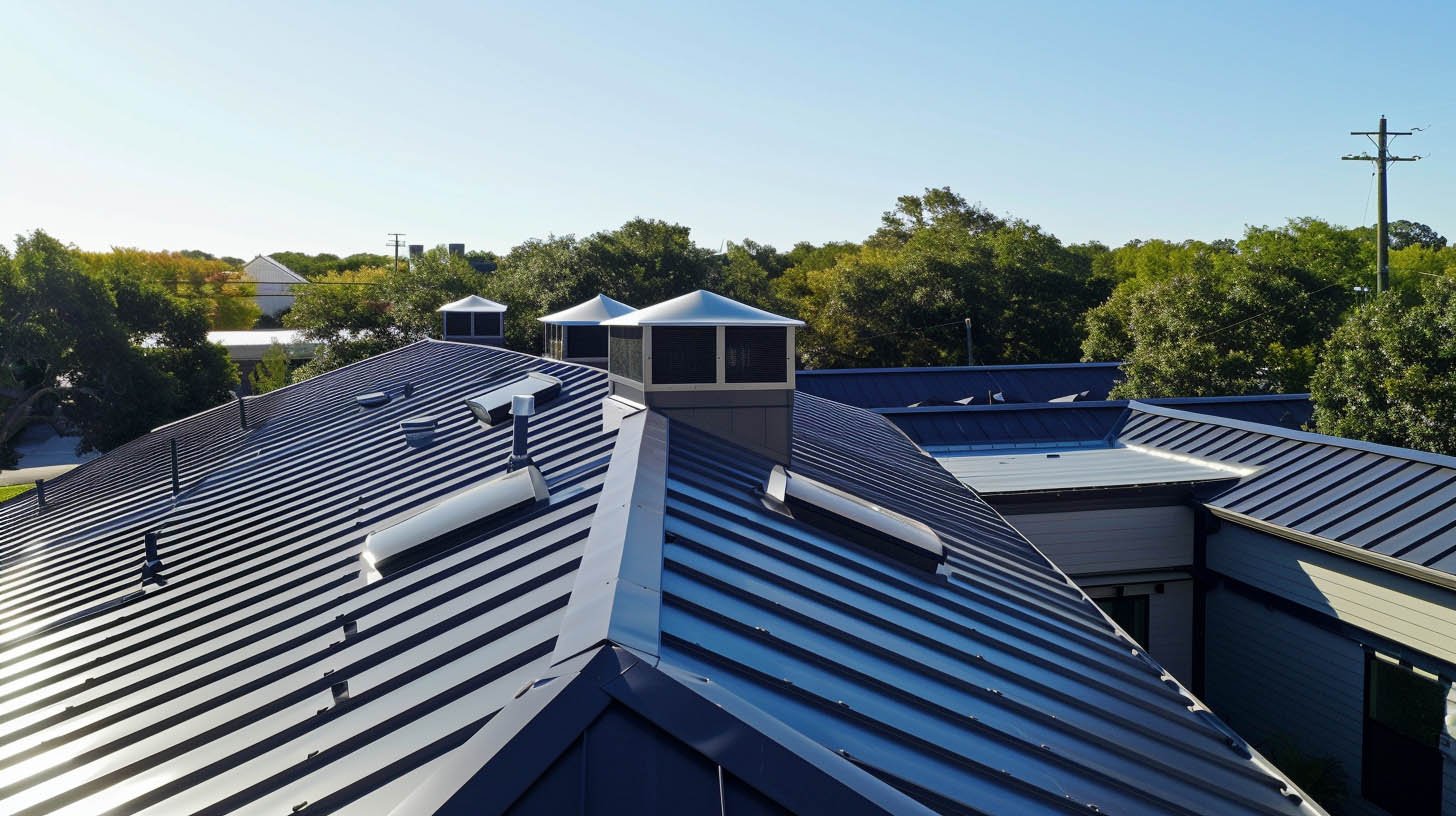
Navigating Wi-Fi Connectivity with Metal Roofing: Insights and Solutions
In the digital age, a robust Wi-Fi connection is not just a convenience; it’s a necessity. From remote work to online banking, our daily activities hinge on reliable internet access. This reality often intersects with homeownership decisions, particularly when considering roofing materials. Metal roofing, known for its durability, energy efficiency, and aesthetic versatility, raises questions about its impact on Wi-Fi signals. This comprehensive guide addresses these concerns, offering clarity and solutions for homeowners contemplating metal roofing.
Understanding Metal Roofing and Wi-Fi Interference
The Myth of Metal Roofing Interference
The concern that metal roofing could disrupt Wi-Fi signals stems from the material’s conductive nature, which can theoretically reflect or block radio waves. However, in practice, the impact of a metal roof on indoor Wi-Fi connectivity is minimal. The primary reason is that most residential Wi-Fi networks rely on signals transmitted within the home, rather than penetrating the roof from outside.
Factors Influencing Wi-Fi Signal Strength
Several variables can affect Wi-Fi performance, including:
- Router Location: The closer a device is to the router, the stronger the signal.
- Physical Obstructions: Walls, furniture, and other metal objects within the home can have a more significant impact on signal strength than the roofing material.
- Router Quality and Settings: Older routers or those not optimized for your home’s layout may contribute to connectivity issues.
Enhancing Wi-Fi Connectivity in Homes with Metal Roofing
Strategic Router Placement
Elevating the router and positioning it centrally within the home can enhance signal distribution. Avoid placing the router near large metal objects or appliances that could interfere with the signal.
Regular Equipment Maintenance
Inspecting and maintaining the router, cables, and connectors ensures optimal performance. Damaged hardware can significantly degrade Wi-Fi connectivity.
Upgrading Your Router
Consider investing in a router with extended range capabilities, especially if your home has multiple floors or a sprawling layout. Modern routers offer improved signal strength and stability, countering potential signal attenuation by a metal roof.
Utilizing Wi-Fi Extenders
For larger homes or those with complex layouts, Wi-Fi extenders can amplify the signal, ensuring consistent coverage throughout the property. These devices are particularly useful in areas farthest from the router.
Selecting a Metal Roof with Confidence
Homeowners can choose metal roofing without fear of compromising their Wi-Fi connectivity. The benefits of metal roofing—longevity, energy efficiency, and aesthetic appeal—far outweigh the negligible impact on Wi-Fi signals. When experiencing connectivity issues, it’s prudent to investigate common culprits like router placement and network settings before attributing the problem to the roofing material.
Consultation with Professionals
Engaging with experienced roofing professionals and IT specialists can provide tailored solutions to enhance Wi-Fi performance while enjoying the advantages of metal roofing. These experts can offer insights into the best practices for router placement and network setup in homes with metal roofs.
Conclusion
The evolution of home construction materials and digital technology often leads to misconceptions about their interplay. Metal roofing, a superior choice for durability and energy efficiency, does not significantly interfere with Wi-Fi connectivity. By understanding the factors that truly affect Wi-Fi signals and implementing strategies to optimize network performance, homeowners can enjoy the best of both worlds: a high-quality metal roof and seamless internet access. At Melo Roofing Inc., we are dedicated to providing top-tier roofing solutions and guidance, ensuring our clients make informed decisions that align with their lifestyle and technological needs.




